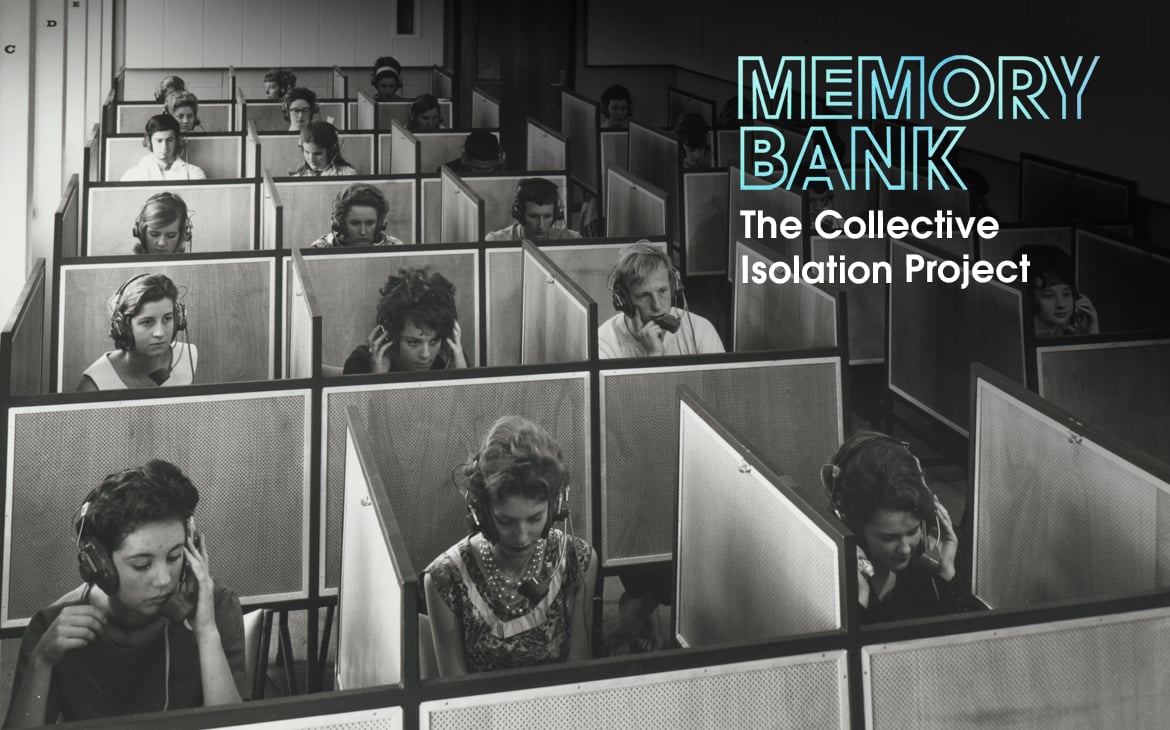Collective Isolation Project, week 10: Language
Words are to lexicographers what viruses are to epidemiologists.
Tracing the ways that words are created and mutated helps us make sense of social change.
Australians love a play on words and the language of COVID-19 has become part of the public’s consciousness since March.
Shortenings (‘iso’), abbreviations (‘WFH’), compounds (‘zoombombing’), rhyming slang (‘the Miley’) and verbs (‘doomscrolling’) have dominated our conversations at home and online.
What’s the best new word you’ve heard in 2020? Extra points if you coined the term or can show us what it means with a picture!
Share your response at our Facebook Memory Bank group and tag us with #SLVMemoryBank.
About this collection item
The students in this photo of the Language Laboratory, Sir Robert Menzies Wing, Monash University were almost certainly learning languages new to them, not inventing new words per se.
The newly-opened Robert Menzies building at Monash University was designed by Australian modernists Eggleston, Macdonald and Secomb. This photo of it was taken in 1963 by Wolfgang Sievers, then known for his architectural and industrial photography emphasising order, sharp focus, dramatic angles and an unsentimental vision.
A proponent of a style known as New Objectivity, which had its roots in post-WWI Europe, Sievers escaped Nazi Germany before emigrating to Australia in 1939. His relationship with his mother tongue was conflicted: when he visited Germany in 1955 for the first time since escaping, he refused to speak German.
How to respond
Please feel welcome to respond as creatively or literally as you wish.
We collect all kinds of materials including photos, diary entries, letters, written lists, oral histories, poems and objects ... our collection policy covers almost everything you could imagine, so try us!
If you contribute, we may contact you to discuss collecting and using your images, stories, objects and experiences. We may not be able to accept everything, but we will endeavour to do so!
With your permission, your contributions may be added to the State Collection or used in future Library programs.
About The Collective Isolation Project
The Collective Isolation Project aims to cement this current moment in history, and is our inaugural Memory Bank campaign.
Find out more about Memory Bank, including details about how to contribute each week.

